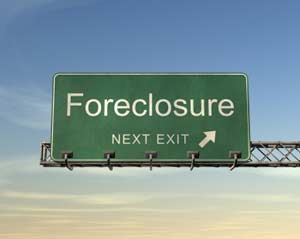
Here’s a list of programs that are either operated by the U.S. government or have its seal of approval:
- To find a counselor, contact the U.S. Department of Housing and Urban Development (HUD) at (800) 569-4287 or (877) 483-1515, or go to www.hud.gov/offices/hsg/sfh/hcc/hccprof14.cfm
- Call (888) 995-HOPE, the Homeowner’s HOPE Hotline to reach a nonprofit, HUD-approved counselor through HOPE NOW, a cooperative effort of mortgage counselors and lenders to assist homeowners.
- Visit NeighborWorks America’s Web site at www.nw.org/network/home.asp
- Go to this Web site for information on federal mortgage modification and refinancing programs: www.makinghomeaffordable.gov
- The Controller of the Currency’s consumer information site for banking-related questions is www.helpwithmybank.gov
- OCC Customer Assistance Group and consumer assistance site: www.occ.gov/customer.htm
- Federal Trade Commission: www.ftc.gov/bcp/edu/pubs/consumer/homes/rea04.shtm
- Federal Reserve Board: www.federalreserve.gov/pubs/foreclosurescamtips/default.htm
- HOPE NOW: www.hopenow.com
Source: Controller of the Currency (04/21/2009)
By the way, check out this site of George Adamson, The man who lived with the lions:








